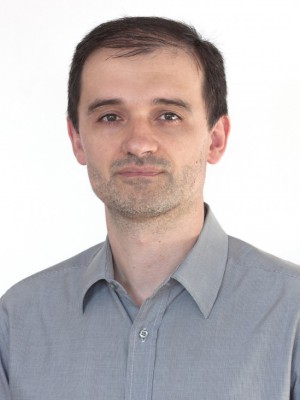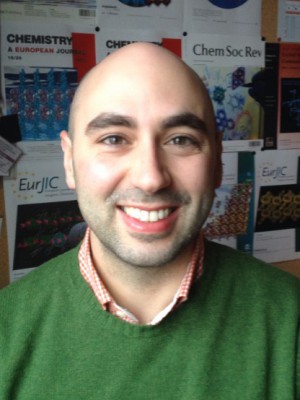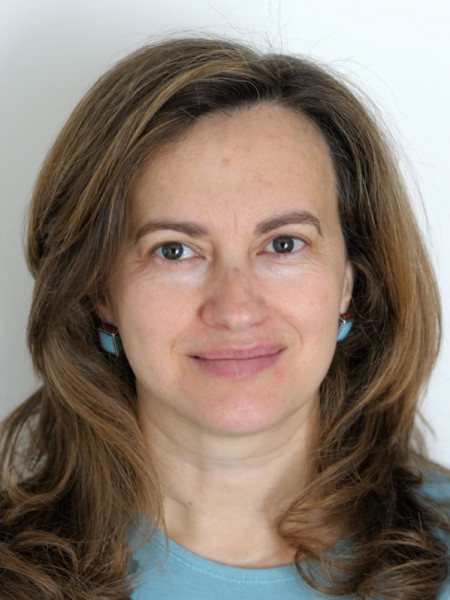abstract
The catalytic performance of the complexes [MoO2Cl2(L)(2)] [L = N,N-dimethylformamide (dmf), N,N-dimethylacetamide (dma), N,N-dimethylpropionamide (dmpa), N,N-diethylformamide (def) and N,N-diphenylformamide (dpt)] was examined in the epoxidation of cis-cyclooctene with tort-butyl hydroperoxide (tbhp) at 55 degrees C and in the absence of a cosolvent. The complexes showed high turnover frequencies in the range of 561-577 molmol(Mo)(-1) h(-1), giving the epoxide as the only product in >= 98% yield after 6 h The reaction rates decreased significantly in consecutive runs carried out by recharging the reactors with olefin and oxidant. On the basis of the IR spectroscopic characterisation of the solids recovered at the end of the catalytic reactions, the decrease in activity is attributed to the formation of dioxido(p-oxido)-molybdenum(VI) dimers. Accordingly, the treatment of [MoO2Cl2(dmf)(2)]) with an excess amount of tbhp led to the isolation of [Mo2O4(mu(2)-O)Cl-2(dmf)(4)], which was characterised by single-crystal X-ray diffraction anti found to exhibit a catalytic performance very similar to that found in the second runs for the mononuclear complexes The kinetics of the reaction of [MoO2Cl2(dmf)(2)] with tbhp was further examined by UV/Vis spectroscopy, allowing rate constants and activation parameters to be determined For the dpf adduct, the effect of different solvents on cyclooctene epoxidation and the epoxidation of other olefins, namely, (R)-(+)-limonene, alpha-pinene and norbornene, were investigated. ((C) Wiley-VCH Verlag GmbH & Co. KGaA, 69451 Weinheim, Germany, 2009)
keywords
PHOSPHINE OXIDE LIGANDS; ALPHA-PINENE OXIDE; ADDITION-COMPOUNDS; MOLECULAR-STRUCTURE; MOLYBDENUM(VI) COMPLEXES; DIOXO COMPLEXES; SPECTROSCOPIC CHARACTERIZATION; CYCLOOCTENE EPOXIDATION; LEWIS-BASE; DICHLORODIOXOMOLYBDENUM(VI)
subject category
Chemistry
authors
Gago, S; Neves, P; Monteiro, B; Pessego, M; Lopes, AD; Valente, AA; Paz, FAA; Pillinger, M; Moreira, J; Silva, CM; Goncalves, IS
our authors
acknowledgements
We are grateful to the Fundacao para a Ciencia e a Tecnologia (FCT). the Programa Operacional







